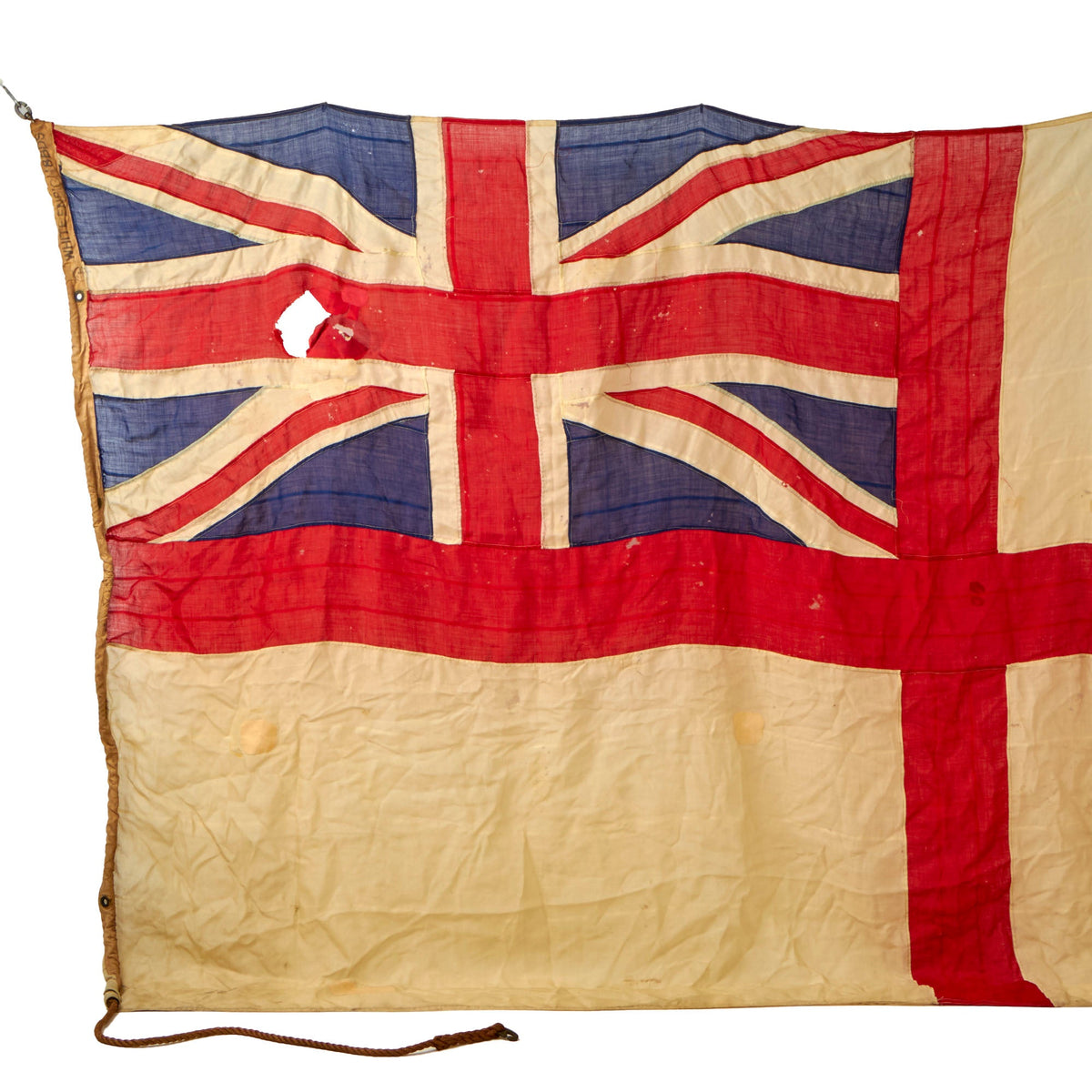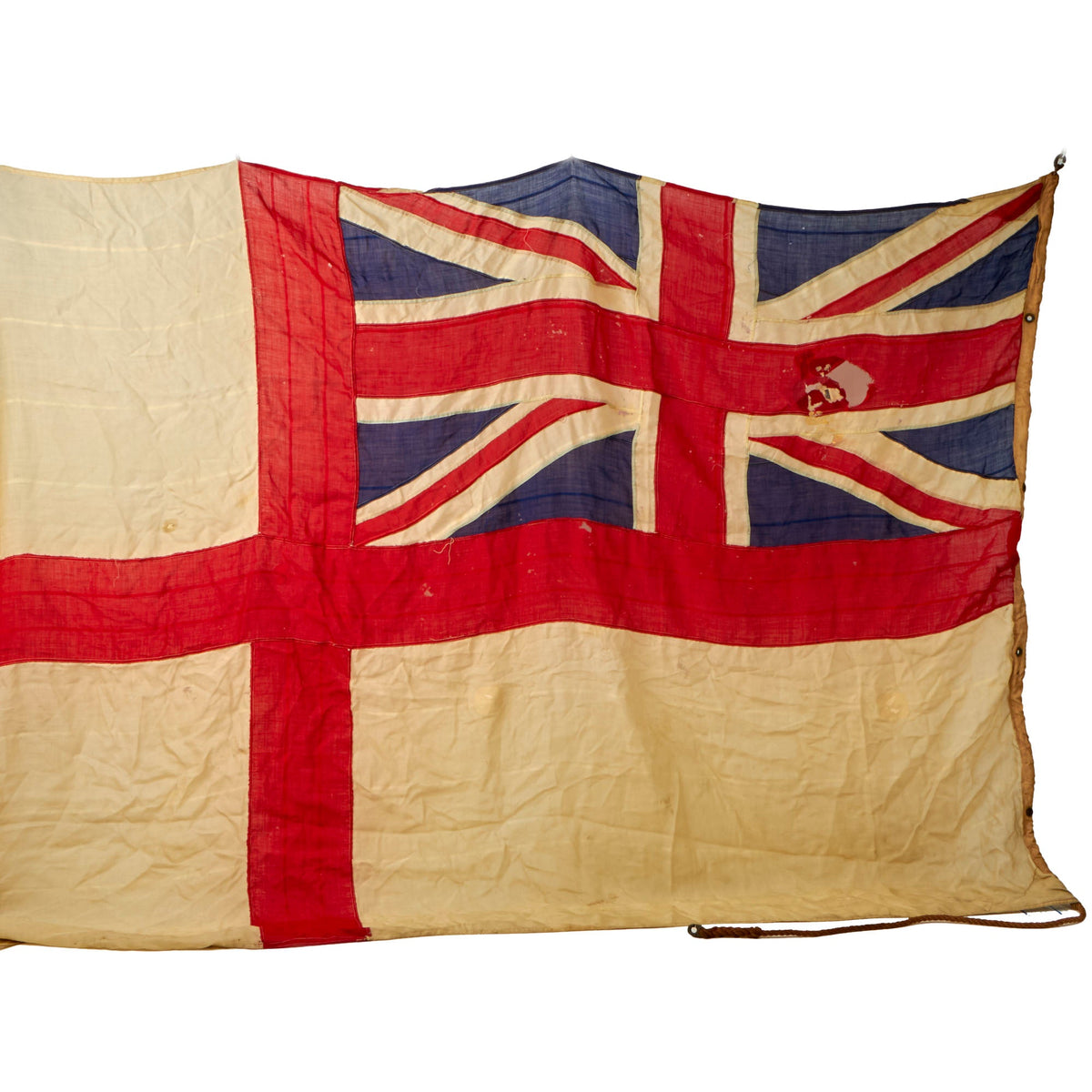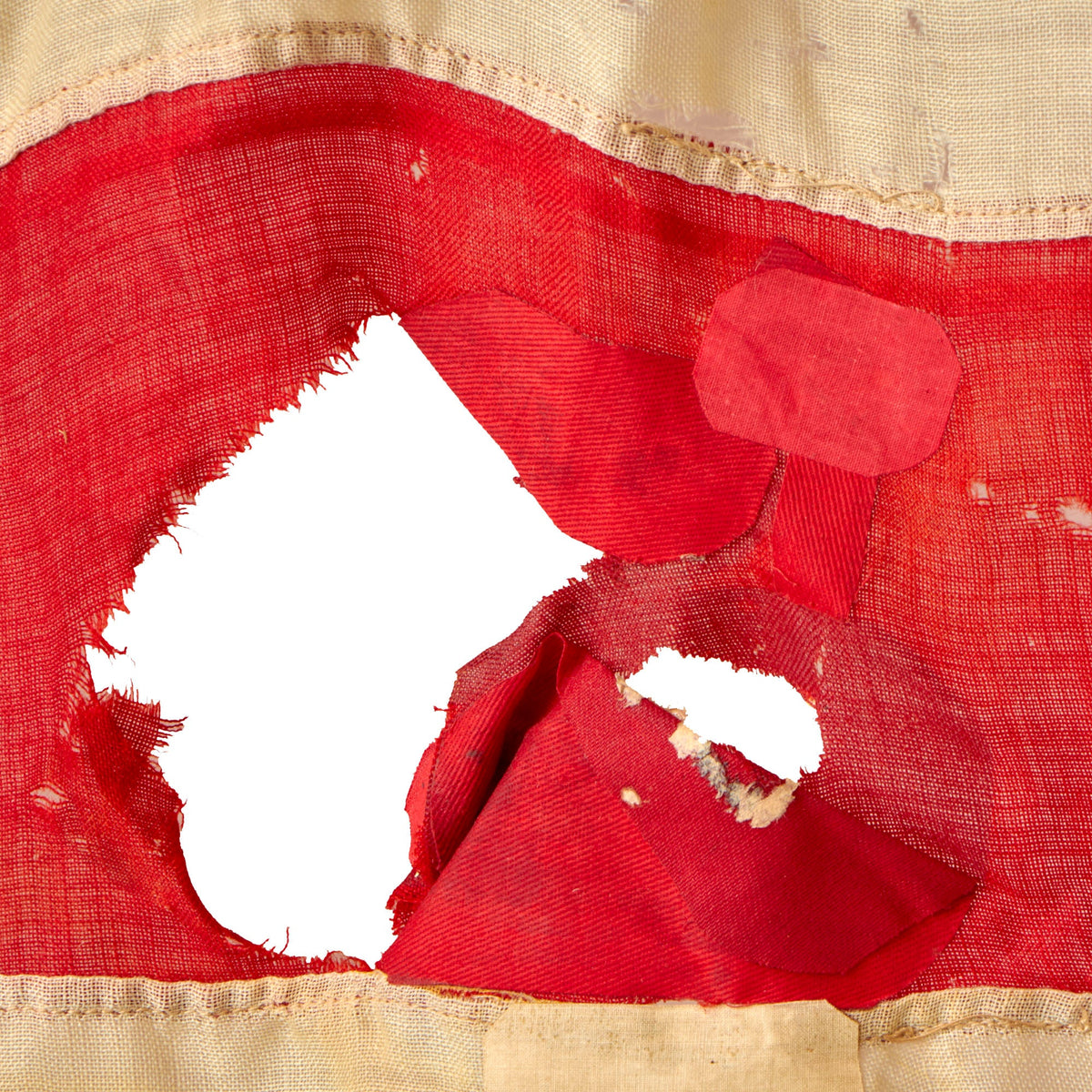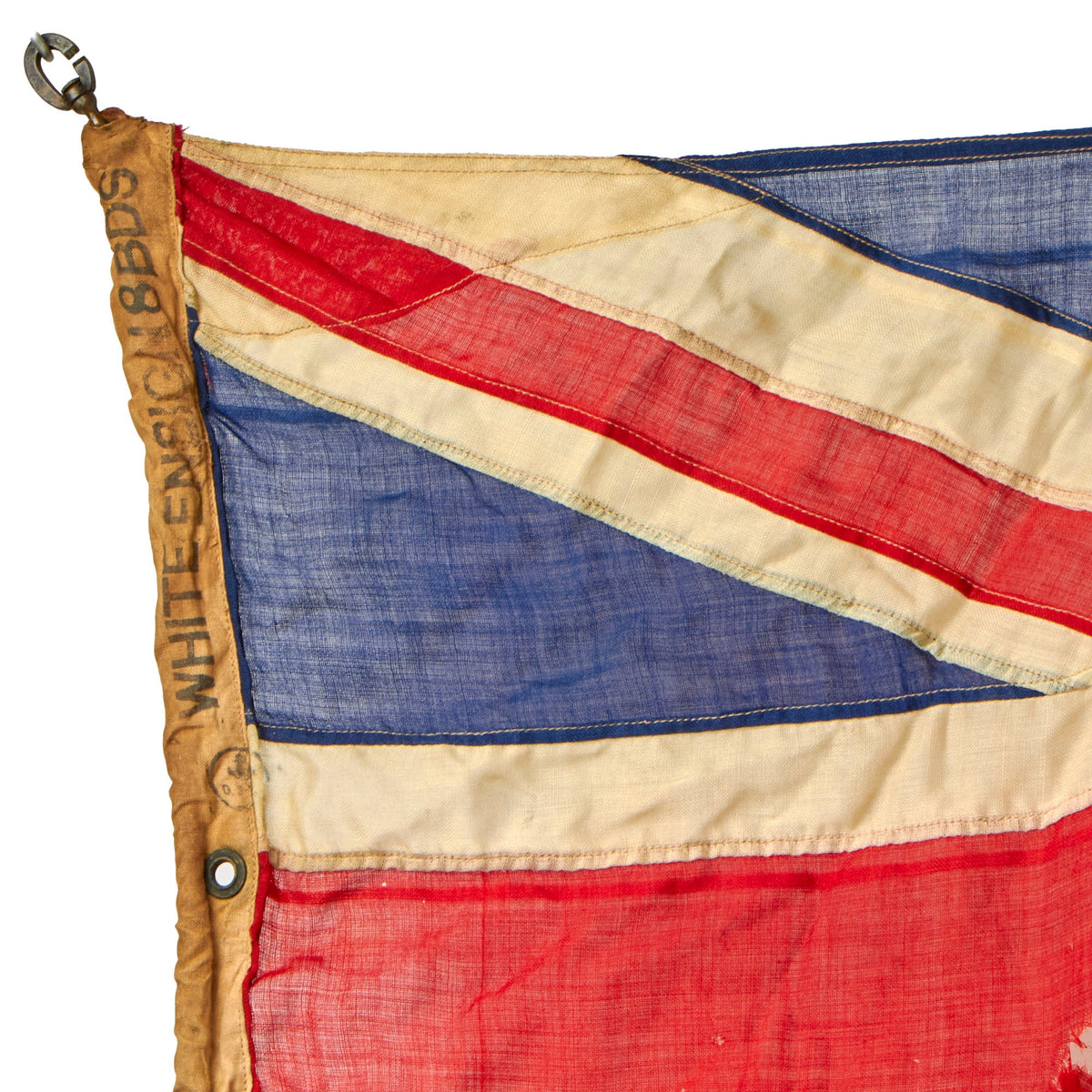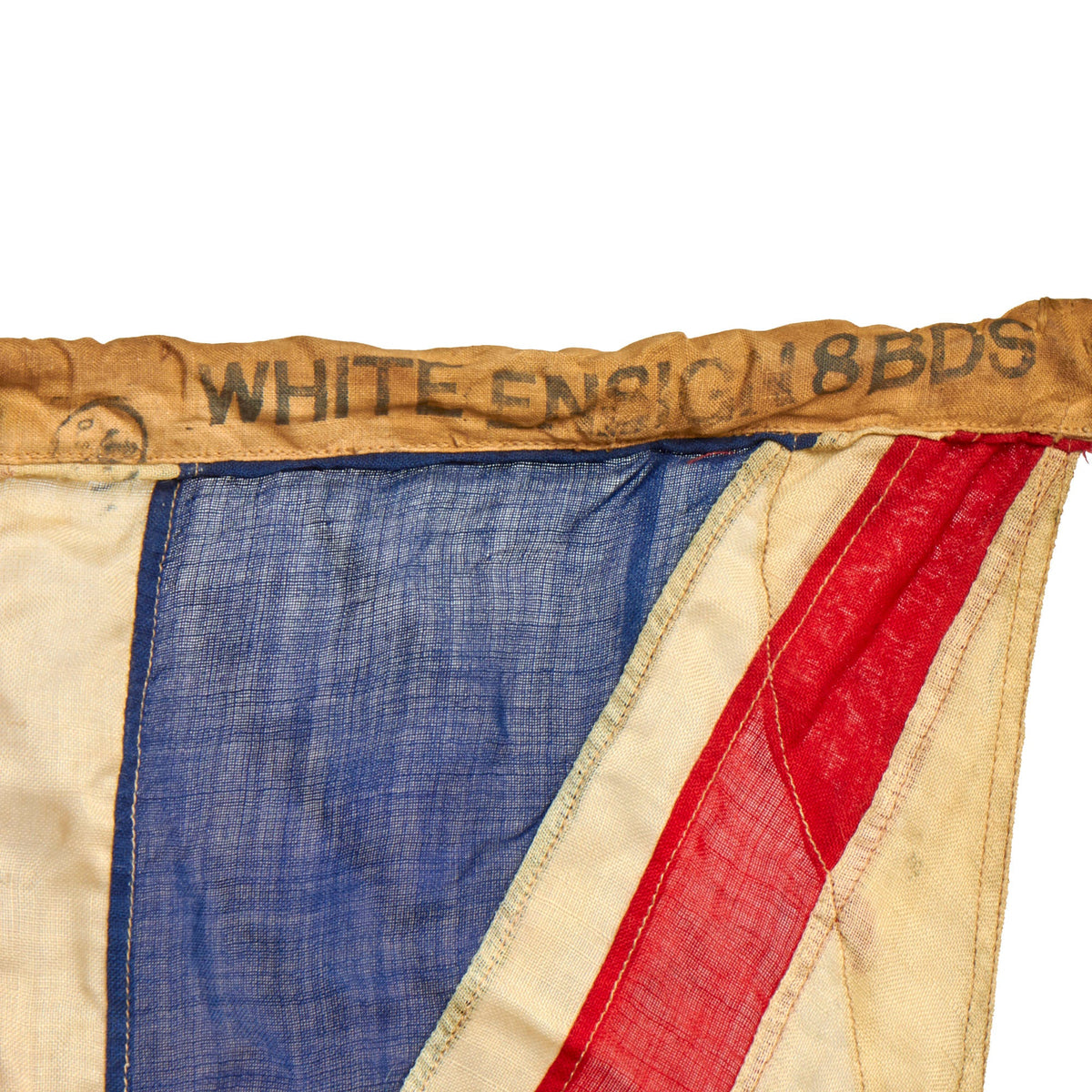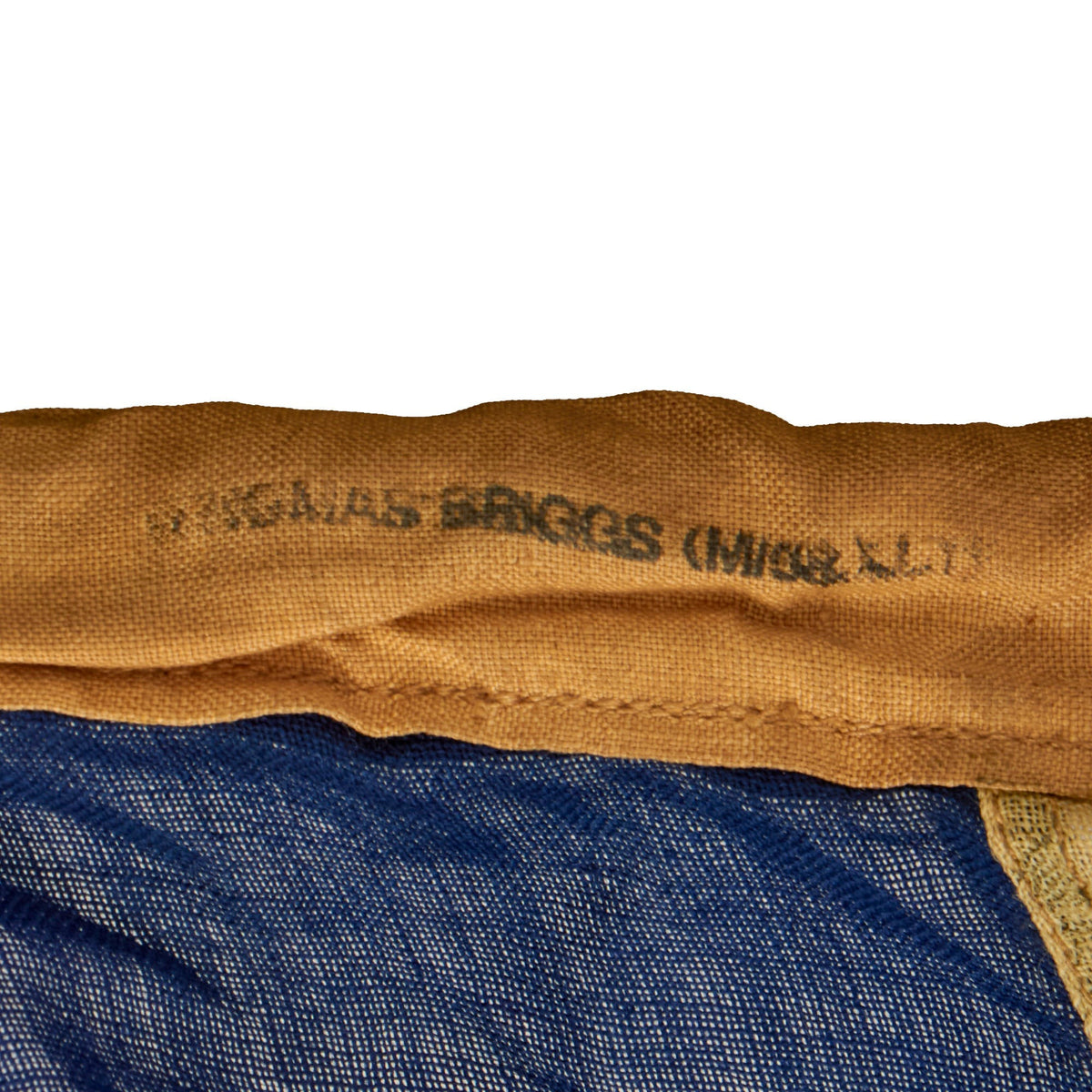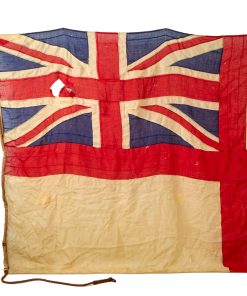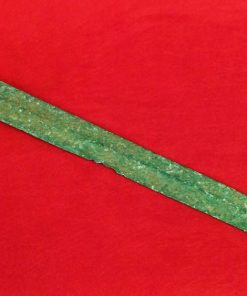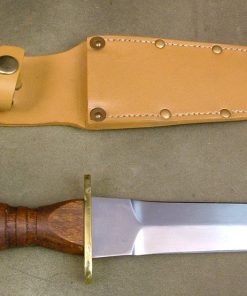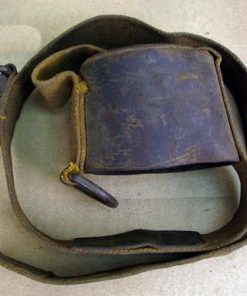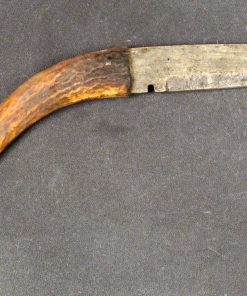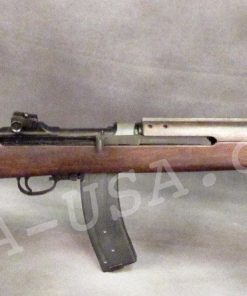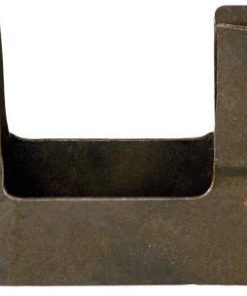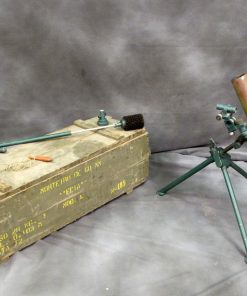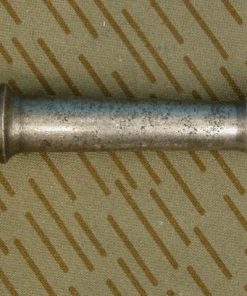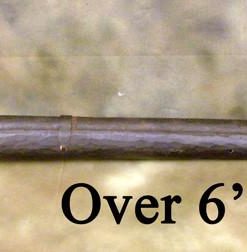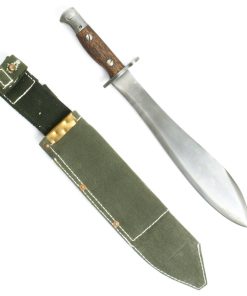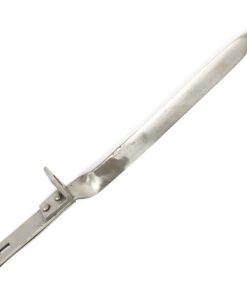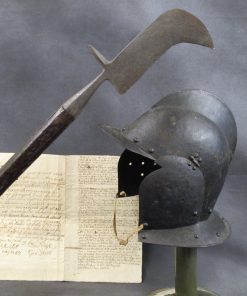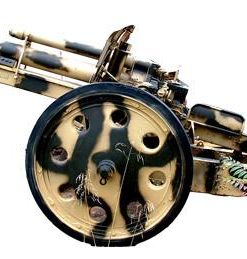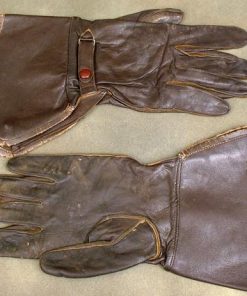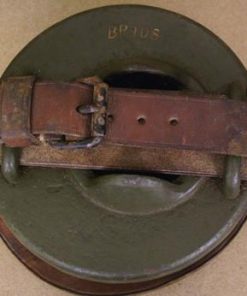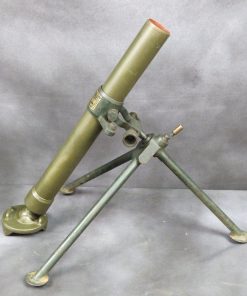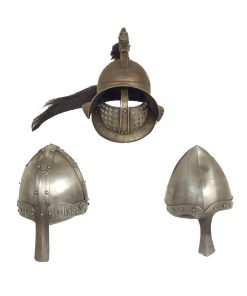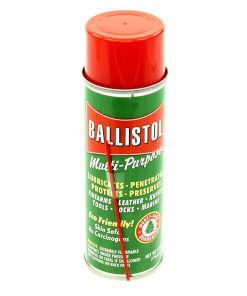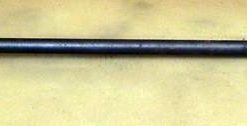Original British WWII Large Royal Navy White Ensign Battle Flag – 70″ x 130″ Original Items
$ 395,00 $ 118,50
Original Item: Only One Available. This is a nice Original British WWII era Royal Navy White Ensign (flag), a type of flag used exclusively by the Royal Navy. It has a large cross of St. George in the “field” of the flag, with a British Union Jack in the upper left-hand “canton” next to the header. A very large size of approximately 70″ x 130″, this was definitely used on a larger vessel.
The flag does appear to have seen long service, as it has faded to a tan color. It appears to be made of wool, with a canvas header. There are some tears and places it has worn through, as well as possibly a bit of moth damage. There are a few areas that were patched to better preserve the Ensign. Due to the color of the flag and backdrop, it is rather difficult to see the finer details, but please expect this flag to have a few more holes that can be seen in the photos.
A great service worn example, ready to display!
White Ensign
The White Ensign, at one time called the St George’s Ensign due to the simultaneous existence of a cross-less version of the flag, is an ensign worn on British Royal Navy ships and shore establishments. It consists of a red St George’s Cross on a white field, identical to the flag of England except with the Union Flag in the upper canton.
The White Ensign is also worn by yachts of members of the Royal Yacht Squadron and by ships of Trinity House escorting the reigning monarch.
In addition to the United Kingdom, several other nations have variants of the White Ensign with their own national flags in the canton, with the St George’s Cross sometimes being replaced by a naval badge omitting the cross altogether. Yachts of the Royal Irish Yacht Club wear a white ensign with an Irish tricolor in the first quadrant and defaced by the crowned harp from the Heraldic Badge of Ireland. The Flag of the British Antarctic Territory and the Commissioners’ flag of the Northern Lighthouse Board place the Union emblem in the first quarter of a white field, omitting the overall red St George’s Cross, but are not ensigns for use at sea.
Royal Navy ships and submarines wear the White Ensign at all times when underway on the surface. The White Ensign may also be worn on a gaff, and may be shifted to the starboard yardarm when at sea. When alongside, the White Ensign is worn at the stern, with the Union Jack flag flown as a jack at the bow, during daylight hours. The logo of Royal Navy features a waving White Ensign at the top.
The White Ensign is worn at the mastheads when Royal Navy ships are dressed on special occasions such as the Queen’s birthday, and may similarly be worn by foreign warships when in British waters when dressed in honor of a British holiday or when firing a salute to British authorities. The White Ensign may also be worn by the boats of commissioned ships. Yachts of the Royal Yacht Squadron and the Trinity House vessels when escorting the British Monarch (King or Queen of the United Kingdom) are also permitted to wear the White Ensign.
On land, the White Ensign is flown at all naval shore establishments (which are commissioned warships), including all Royal Marines establishments. Permission has been granted to some other buildings with naval connections to fly the White Ensign. This includes the St Martin-in-the-Fields Anglican Church in Trafalgar Square, London, which is the parish church of the Admiralty. The Ensign is also displayed on the Cenotaph alongside the Union Jack flag (for the British Army) and the Royal Air Force Ensign, in memory of the dead in the World Wars. Special permission was granted to any individual or body to fly the White Ensign to mark Trafalgar Day and the victory in the naval Battle of Trafalgar on its 201st anniversary in 2006.
The U.S. Navy destroyer Winston S. Churchill is the only U.S. warship to fly the White Ensign along with the Stars and Stripes to honor her British namesake, the former prime minister. Isambard Kingdom Brunel’s SS Great Britain, although a merchant ship, appears to have worn (and still bears and flies, preserved in dry dock as a historical exhibit / museum ship) the White Ensign, apparently because its first master (an ex-Royal Navy man) brought it with him.
Fast Shipping with Professional Packaging
Thanks to our longstanding association with UPS FedEx DHL, and other major international carriers, we are able to provide a range of shipping options. Our warehouse staff is expertly trained and will wrap your products according to our exact and precise specifications. Prior to shipping, your goods will be thoroughly examined and securely secured. We ship to thousands clients each day across multiple countries. This shows how we're dedicated to be the largest retailer on the internet. Warehouses and distribution centres can be located throughout Europe as well as the USA.
Note: Orders with more than one item will be assigned a processing date depending on the item.
Before shipping before shipping, we'll conduct a thorough inspection of the items you have ordered. Today, the majority of orders will be delivered within 48 hours. The delivery time will be between 3-7 days.
Returns
The stock is dynamic and we cannot completely manage it because multiple stakeholders are involved, including our factory and warehouse. So the actual stock may alter at any time. It's possible that you may not receive your order once the order has been made.
Our policy is valid for a period of 30 days. If you don't receive the product within 30 days, we are not able to issue a refund or an exchange.
You can only return an item if it is unused and in the same state as the day you received it. You must have the item in its original packaging.
Related products
Uncategorized
Uncategorized
Uncategorized
Uncategorized
Uncategorized
Uncategorized
Uncategorized
Angolan Rebel 1970s era 60mm Inert Display Mortar from Angolan Civil War Original Items
Uncategorized
Uncategorized
Uncategorized
Uncategorized
Uncategorized
Armored Burgonet Helmet & Polearm from Scottish Castle Leith Hall Circa 1700 Original Items
Uncategorized
Band of Brothers ORIGINAL GERMAN WWII Le. F.H. 18 10.5cm ARTILLERY PIECE Original Items
Uncategorized
Uncategorized
Australian WWII Owen MK1 Machine Carbine SMG Custom Fabricated Replica with Sling Original Items
Uncategorized
Uncategorized
Uncategorized
